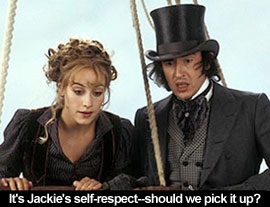Alien vs. Predator (2004) + Tom Dowd & the Language of Music (2004)
ALIEN VS. PREDATOR
½*/****
starring Sanaa Lathan, Raoul Bova, Lance Henriksen, Ewen Bremner
written and directed by Paul W.S. Anderson
TOM DOWD & THE LANGUAGE OF MUSIC
***/****
directed by Mark Moormann
by Walter Chaw Paul W.S. Anderson makes horrible movies from horrible ideas. He doesn't know how to shoot action scenes, he doesn't know how to shoot dialogue scenes, and he doesn't know how to craft a pleasurable B-movie. Early on in Alien Vs. Predator (a film trumped by not only every single other entry in the respective titular franchises, but also Freddy vs. Jason), someone's watching an old Universal horror film on television–I think it's House of Dracula–and it announces in a promisingly self-knowing way that the movie knows what its roots are and that it intends to honour them. As the story unfolds with the discovery of an ancient pyramid ("It's the first pyramid ever!") buried beneath two-thousand feet of Antarctic ice, visions of Howard Hawks's The Thing and Karl Freund's The Mummy dance happily in the head while the Queen Alien is awakened via Tesla Coil like James Whale's Bride. Unfortunately, all hopes for the picture are quickly dashed.

 by Walter Chaw
by Walter Chaw